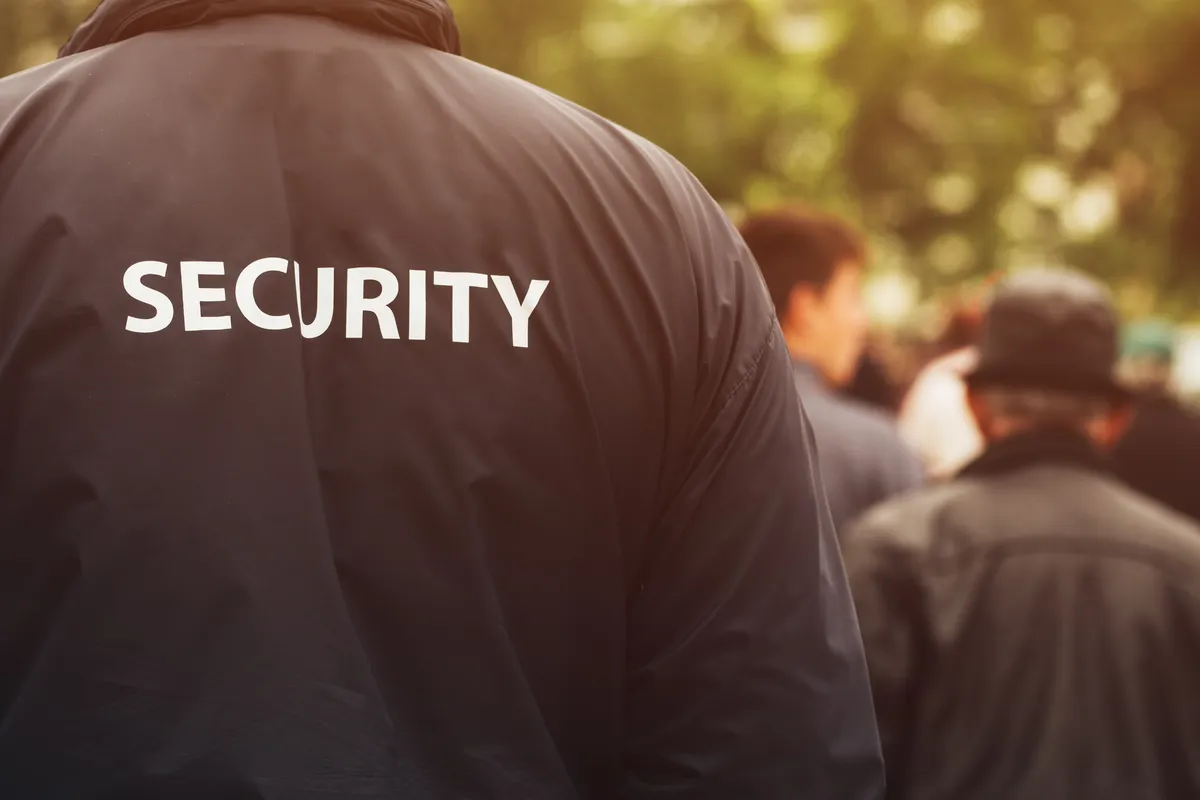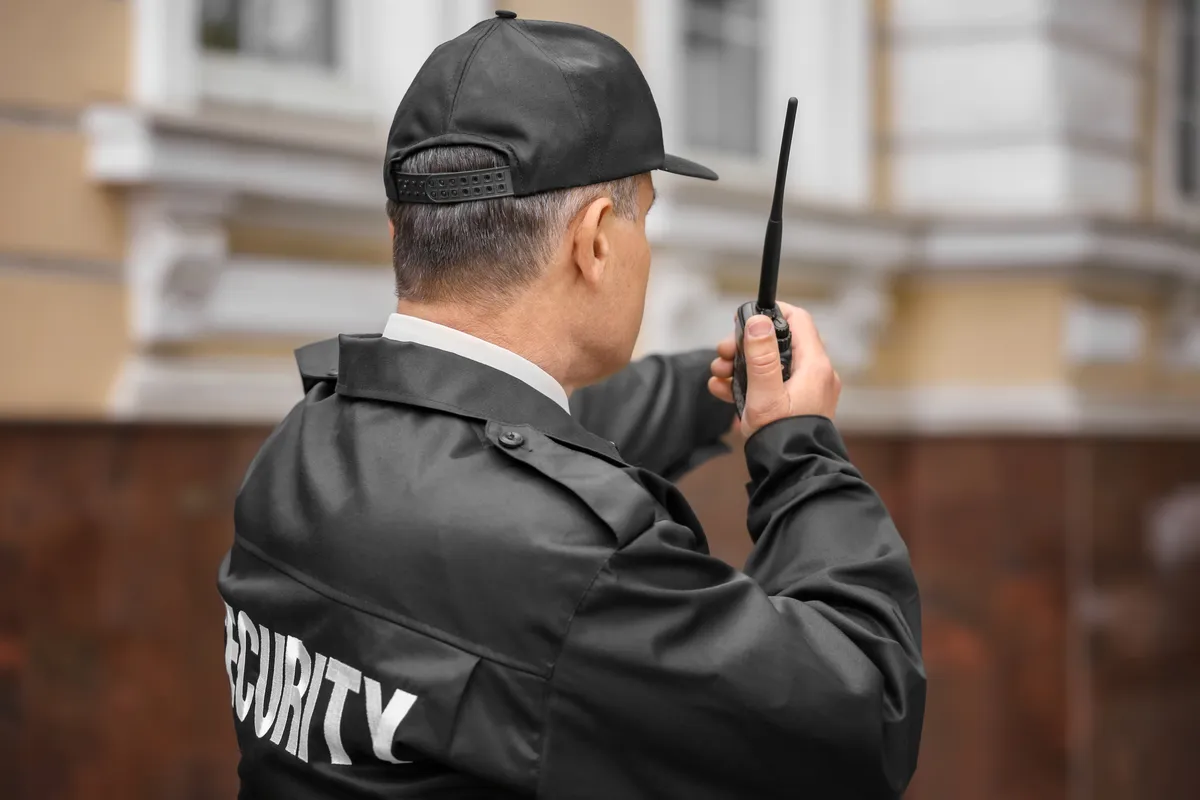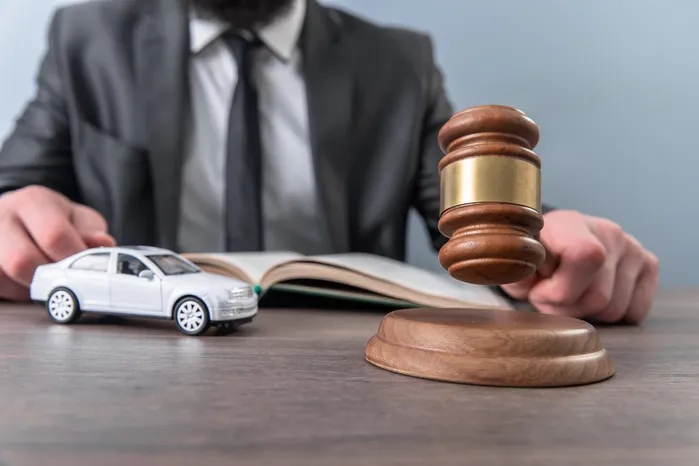6 min read time
Table of Contents

Understanding the Legal Basis for Negligent Security Lawsuits
A lawsuit based on negligent security holds property owners accountable for not protecting visitors or tenants from foreseeable harm. To succeed in a negligent security case, you must demonstrate that the property lacked proper security and that by implementing adequate security measures, the damages or injuries you suffered could have been prevented.
Legal Grounds for Filing a Negligent Security Claim
To file a lawsuit for negligent security against a company in Las Vegas, you need to demonstrate that the property owner did not provide adequate safety measures, resulting in your personal injury. This requires evidence such as unqualified security guards, missing security cameras, or insufficient surveillance in common areas.
Relevant Nevada Laws Related to Negligent Security Cases
Under Nevada law, property owners are required to provide sufficient security measures to shield visitors from foreseeable dangers and potential threats. These measures should include appropriate lighting, surveillance systems, and adequate security personnel.
Violent attacks or harm resulting from negligent security can make property owners liable for the resulting injuries and damages.
Difference Between Negligence and Intentional Acts
Negligent security includes failing to provide sufficient protection, resulting in harm suffered. Intentional acts are where the lack of proper security is deliberately used to inflict harm and are pretty rare to see in a negligent security case.
Understanding the distinction is crucial in legal matters such as lawsuits involving negligent security.
Identifying the Responsible Parties in Negligent Security Suits

To file a lawsuit against a security company or property owners in Las Vegas for negligent security, you must identify responsible parties by considering the property owner's duty to maintain safety and their awareness of potential hazards.
This involves proving that the defendant failed to provide adequate security measures necessary to protect visitors or tenants from harm.
Security Company Liability
An individual security guard must act responsibly and fulfill their duty to prevent harm to others. They can be held legally responsible if inadequate training, supervision of security personnel, or personal negligent acts lead to injuries or assaults on their watch.
Property Owner Responsibilities
As a property owner, ensuring the safety of your premises is essential. This involves maintaining adequate lighting and surveillance cameras, as well as hiring properly trained security guards to prevent negligent security incidents like theft or assault.
Overlooking security responsibilities may result in legal consequences if improper security leads to an injury.
Third-Party Involvement in Security Failures
When third parties provide security services for a property, as they often do, the property owner remains responsible for ensuring these security companies are adequate and provide sufficient security.
In cases of negligent security resulting from a third party's failure, both the property owner and the security company may be held accountable if they did not meet their duty of care.
Gathering Evidence for Your Claim
Gather evidence such as CCTV footage, eyewitness accounts, and medical records to support your negligent security claim. Demonstrate that the property owner knew or should have known about the potential of dangerous conditions but did not offer sufficient security measures, resulting in your injury.
Types of Evidence to Collect
Gather security camera footage, eyewitness statements, medical records, and incident reports to build a strong negligent security case in Las Vegas.
This evidence will demonstrate the failure of the property manager in providing adequate security and support claims that your personal injury was due to negligent security.
Witness Statements and Testimonies
Collect statements from witnesses who saw the incident. Their accounts can detail the events and confirm the specifics around your negligent security claim.
Additionally, witness statements work as strong pieces of evidence during insurance company negotiations or in court.
Security Camera Footage and Records
To assist in establishing your claim of negligent security, you should check whether the venue possesses security camera footage, which it should if basic security protocols were followed.
Once you obtain this footage, analyze it with a Las Vegas negligent security attorney to identify a case of negligent security or inadequate security measures.
Statute of Limitations for Filing Negligent Security Claims in Nevada
In Nevada, you have two years from the incident date to file a negligence claim for negligent security.
To ensure your legal rights are protected and you don't lose your right to a settlement, set up a free consultation with an attorney from the Rodney Okano Car Accident Lawyer Law Firm to ensure that legal deadlines are met and that you have a strong negligent security lawsuit.
Exceptions to the Statute of Limitations
In certain situations in Nevada, such as when the injured party is a minor or deemed legally incompetent, the statute of limitations for filing a lawsuit under premises liability laws, which includes negligent security, can be paused or extended. The timeframe to file a personal injury claim starts once the plaintiff reaches legal age or regains competency.
Additionally, if new evidence arises related to your case, the initial deadline might be extended. Scheduling a free consultation with the personal injury lawyers from our law firm can help you determine if any exceptions apply to your personal injury case.
Consequences of Missing Deadlines
Missing the statute of limitations results in losing your right to file a lawsuit for injuries and damages. Typically, this time limit is two years from the date of the incident, as stated by NRS 11.190.
Steps to Filing a Negligent Security Lawsuit
To file a lawsuit against a security company in Las Vegas, begin by reporting the incident to the property owner immediately and seeking medical attention if necessary.
Gather evidence such as security footage and witness statements related to the incident. Also, if you seek to file a claim, it's highly recommended to consult an experienced lawyer promptly.
Consultation with a Lawyer
Before filing a lawsuit against a security company or property owners in Las Vegas, consult with Las Vegas negligent security attorneys.
This ensures that your claim against a security company is legally correct and handled properly.
Filing a Complaint with the Nevada Civil Court
To begin legal action against a security company in Las Vegas, you must file a complaint with the correct court. Clearly list all claims and supporting facts for your case, including damages incurred.
Ensure you adhere to the court's specific formatting guidelines and pay the necessary filing fees.
Serving Legal Documents to the Defendant
If you choose to file a lawsuit against a security company or property in Las Vegas, you must officially inform the defendant. This involves:
- Preparing a summons and complaint
- Having them served by an authorized individual
- Ensuring proof of service is returned
Proving Negligence in Court
To prove negligence security in court, you must demonstrate that the defendant owed you a duty of care, breached this duty, and that the breach directly caused your injuries, resulting in damages.
Gather evidence such as CCTV footage, eyewitness accounts, and medical records to support your case.
Establishing a Duty of Care
To demonstrate negligence, it's necessary to establish that the property owner had a duty to ensure visitor safety by having appropriate security measures to prevent predictable dangers, such as assaults or robberies.
Demonstrating Breach of Duty
To demonstrate a breach of duty in a lawsuit, it is necessary to prove that the property owner failed to provide a safe environment. This failure could be allowing criminal activity on their premises due to not addressing known security issues or lacking essential safety measures like a metal detector, motion sensors, or a security guard.
Evidence such as surveillance footage and eyewitness accounts can help you prove the breach of duty.
Linking Negligence to Harm or Injury
To link negligence to harm in a lawsuit against a security company in Las Vegas, demonstrate how inadequate security guard measures directly resulted in your injury.
Collect evidence, such as medical records, to link your injuries to the incident.
Types of Compensation Available for Victims of Negligent Security
In a negligent security lawsuit, you may be entitled to several types of compensation for your injuries and damages. This includes coverage for medical expenses, lost wages, pain and suffering, and potentially punitive damages in more serious cases of negligence.
Economic Damages
Economic damages include financial losses such as medical bills and lost wages resulting from the incident.
They are intended to compensate you for actual out-of-pocket expenses and lost income due to injuries, and can typically be quantified by a specific dollar amount.
Non-Economic Damages
Non-economic damages are losses without a clear financial value, such as pain and suffering or emotional distress.
Common examples of non-economic damages are:
- Mental anguish
- Loss of enjoyment in life
- PTSD and anxiety
Punitive Damages
Punitive damages are awarded when a property owner's actions are deemed extremely reckless or malicious. Punitive damages serve both to punish the wrongdoers and to deter similar behavior in the future.
Punitive damages are typically only given in severe cases of security negligence that go to court.
Obtain the Compensation You're Entitled To
Contact Us Today
Rodney Okano Car Accident Lawyer is a Las Vegas personal injury law firm with over 20 years of experience helping clients obtain maximum compensation following injuries from accidents such as car crashes, worksite injuries, and slips and falls. Over those years, The Rodney Okano Car Accident Lawyer Law Firm has become an experienced law firm that can ensure exceptional results for any of its clients.






